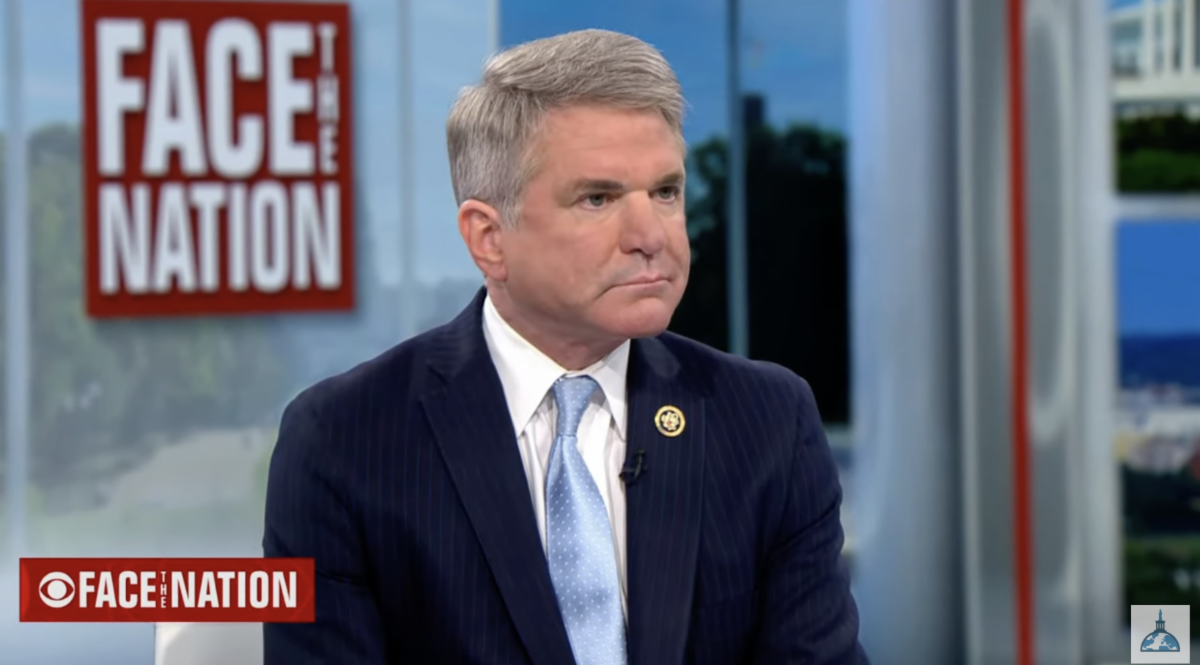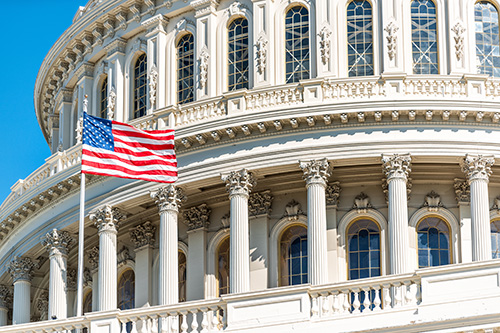Libertarians' Greatest Failure and Opportunity
 Ron Paul ran for the White House in 2008 and 2012, and now his son has brought focus on the Libertarian movement within the Republican Party. When one looks at the Libertarian movement over the past decade, its greatest successes have been accomplishing edges with voters’ willingness to support same-sex marriage and drug legalization, but its biggest failures have been to retreat from those liberties that under-gird our society; freedom of speech, religion, and defense of free markets.
Ron Paul ran for the White House in 2008 and 2012, and now his son has brought focus on the Libertarian movement within the Republican Party. When one looks at the Libertarian movement over the past decade, its greatest successes have been accomplishing edges with voters’ willingness to support same-sex marriage and drug legalization, but its biggest failures have been to retreat from those liberties that under-gird our society; freedom of speech, religion, and defense of free markets.
The past decade has seen the government takeover of health care, which Obamacare is, and the increase of crony capitalism as well as assault on political freedom of speech, including attempts to override Citizen United and the use of government agencies to attack conservative groups from Wisconsin, such as the John Doe investigations targeting conservative groups to the use of the IRS. The battle over the Religious Freedom Act is just another example of where freedom of religion is under assault and if it wasn't for the Supreme Court, this attack could have been expanded. For the Hobby Lobby decision, that benefited religious freedom at the expense of Obamacare expansion into the religious sphere.
The good news is that there is broad base support for a Libertarian movement. Obamacare is still as unpopular with voters as when it was introduce and, if the Supreme Court actually accepts the actual language of the law, they can deal a devastating blow to Obamacare in the upcoming King vs Burwell case. A majority of voters, according to research done by Americas Majority Foundation, have rejected the idea that more government spending and government debt is good for the economy. Looking at bipartisan plans for tax reform introduced by Obama’s own commission (Simpson-Bowles), the Wyden-Gregg bill of 2009 and the present Rubio-Lee plan have shown that tax reforms need to include lower margin tax rates among other reforms. (Interesting, the conservative Rubio-Lee plan has a higher marginal tax rates than the more liberal Wyden-Gregg bill or Simpson-Bowles.)
So, on the economic front, there is a possibility to form a coalition to expand economic liberties and this is where Libertarian thoughts can aid. The biggest donors of conservative causes are actually the Libertarian Koch Brothers, who have sought to push economic freedom as part of the Republican Party including an attack on crony capitalism. The Koch Brothers involvement in Republican Party politics is important for they have sent a message to other Libertarians, “the days of having a separate party is now over and it is time to influence one of the two major Parties.” The Koch Brothers have figured out that the Party most likely to promote economic freedom is the Republicans. While the Koch Brothers are libertarians in their view of same-sex marriage and drug legalization, they understand the right to smoke dope in one’s home and the right to marry who you want becomes superfluous if your economic freedom ceases to exist and your freedom of speech is dependent upon government approval.
On foreign affairs, can Libertarian non-interventionist policy be synced with past hawkish foreign policy? The recent rise of Putin’s Russia and ISIS as well as Obama’s feckless policy toward Iran has questioned the wisdom of Libertarian non-interventionism but Americans are not ready for a massive American intervention in Middle East or Central Europe on behalf of Ukraine. Americans will support military efforts to defend American interest but they don’t want long term involvement or nation-building.
Jim Bennett’s book America 3.0 discusses a new foreign policy that could garner support for the Republican Party by many Libertarians who are looking for a foreign policy that reduces the need for American troops as opposed to more traditional Republicans who want a foreign policy that promotes the continuous American involvement in the world. Bennett disdains the nation building of the past decade but he also calls for support for traditional alliances including NATO as well as with traditional Asian allies such as Japan. The goal is to build allies to help shoulder some of the defense responsibility as well as continuing Reagan Peace through strength defense policies that help end the cold war, the latter position that Rand Paul has recently endorsed. There is a new generation of conservative leaders who are willing to ally themselves with libertarian ideas and this can be the beginning of a winning coalition.








